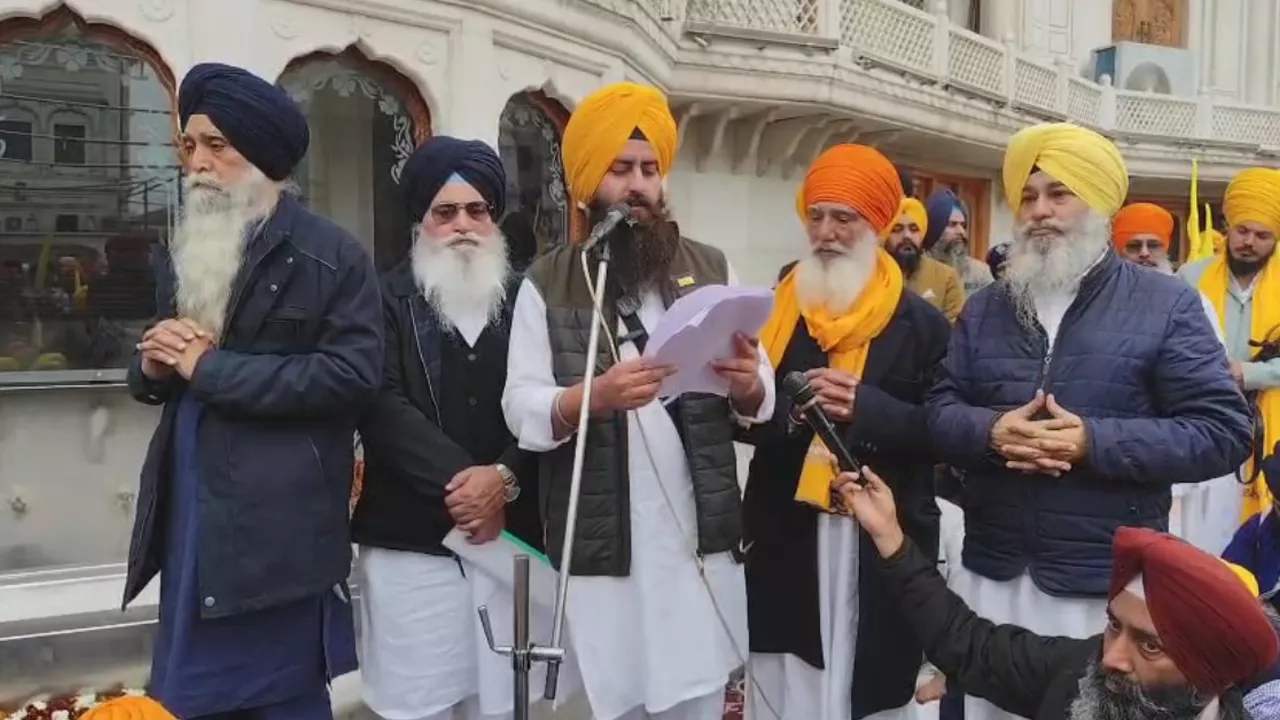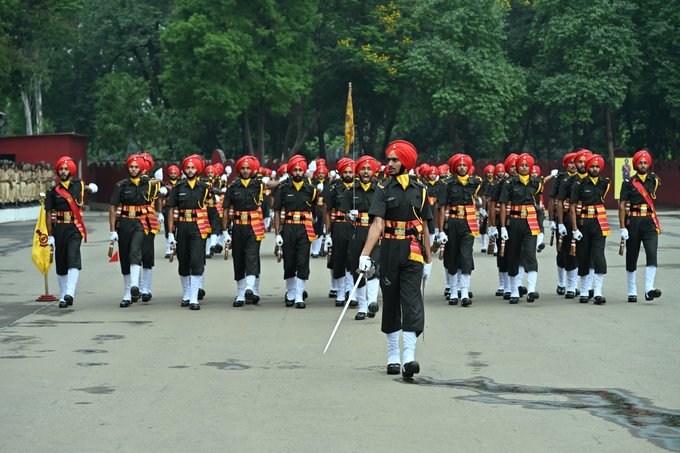At the 13th World Trade Organization Ministerial Conference in Abu Dhabi last week, India submitted that farmer subsidies provided by some developed countries were up to 200 times that of developing countries. There is a strong case for establishing a level playing field for millions of low-income farmers by starting the reform process with finding a permanent solution to public stockholding (PSH) for food security. Proposing a sequential approach to the overall reform process in agriculture, India said a permanent solution to the PSH must be delivered as it already has a past mandate, recalling three mandates from the Bali Ministerial of 2013, the General Council decision of 2014, and the Nairobi Ministerial decision of 2015. At present, PSH subsidies given by developing nations, including for Minimum Support Price (MSP) programs, are subject to a cap of 10% of production value. India and other developing countries want a permanent solution incorporated in the Agreement on Agriculture that will give them the flexibility to expand their MSP and other PSH programs without the worry of breaching the cap and attracting legal action. The issue was so significant for developing countries that more than 80 countries representing over 61% of the world’s population, comprising the G33 group of countries, Africa, Caribbean and Pacific Group (ACP), and the African Groups, have co-sponsored a proposal on a permanent solution. India’s position aligns with the farmers’ demand that they exit the current WTO Agreement on Agriculture (SDW Vol. 2 Issue 9, Story 4).


Like what you're reading? Subscribe to our top stories.
Liv Forum provides a digest of analysis on major issues facing Indian (East) Panjab and Sikhs globally.
In accordance with our Privacy Policy, we will never share or sell the information of our subscribers.






